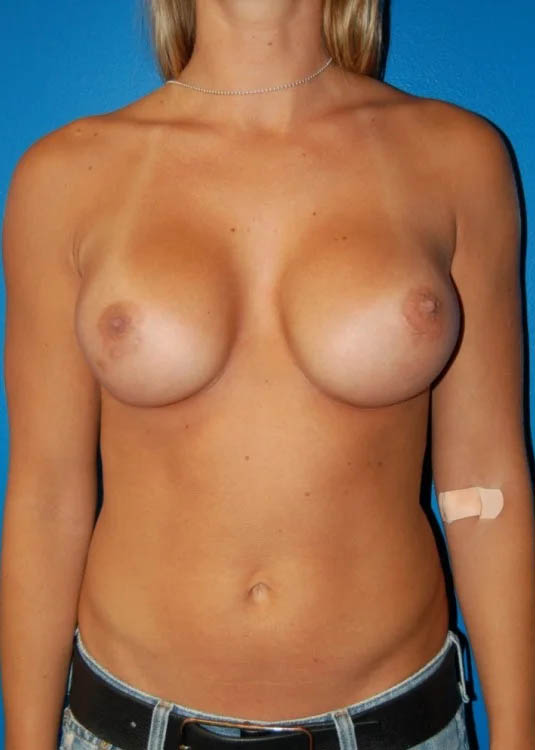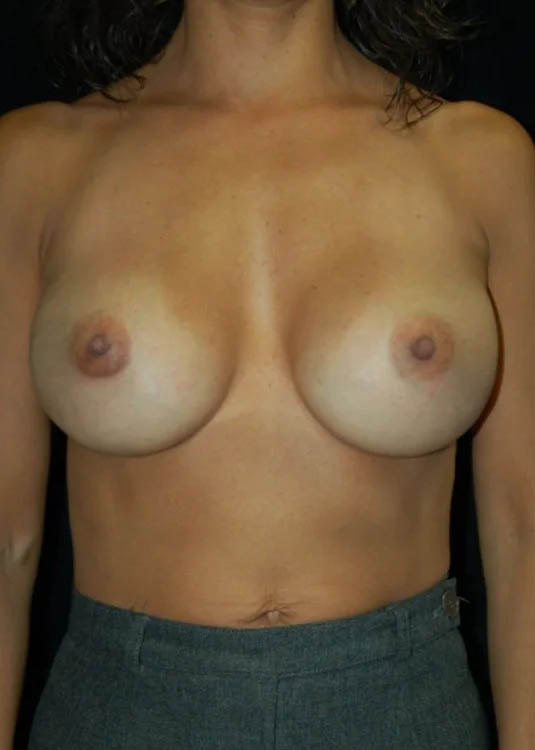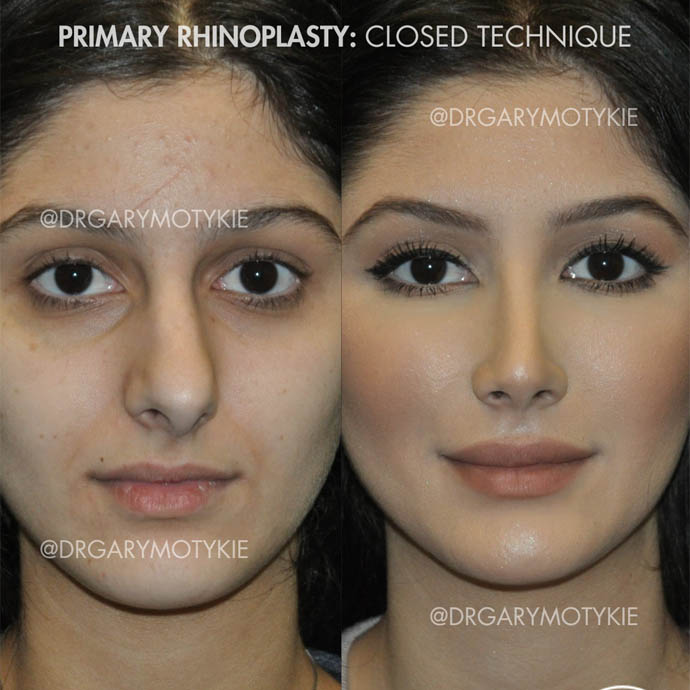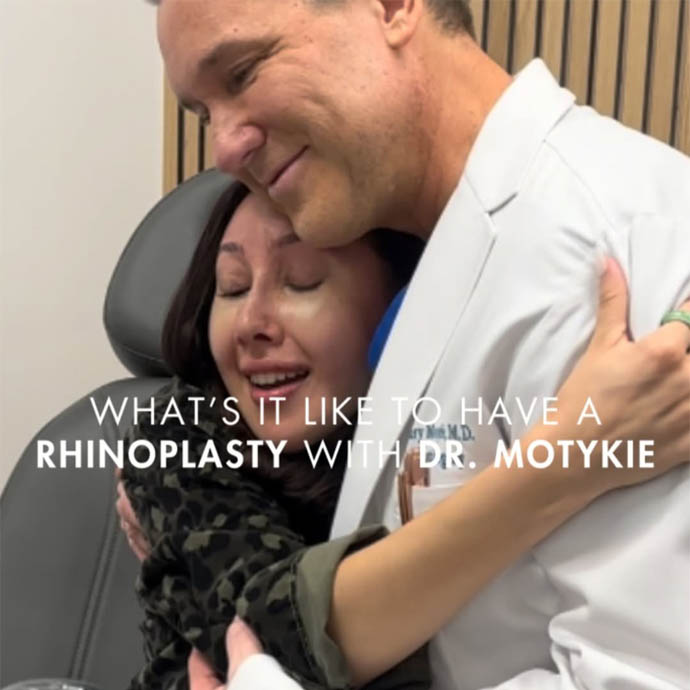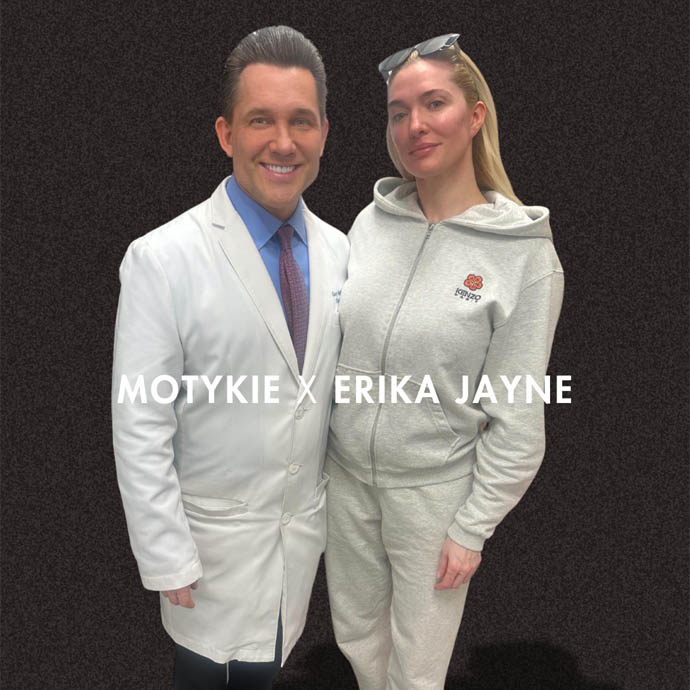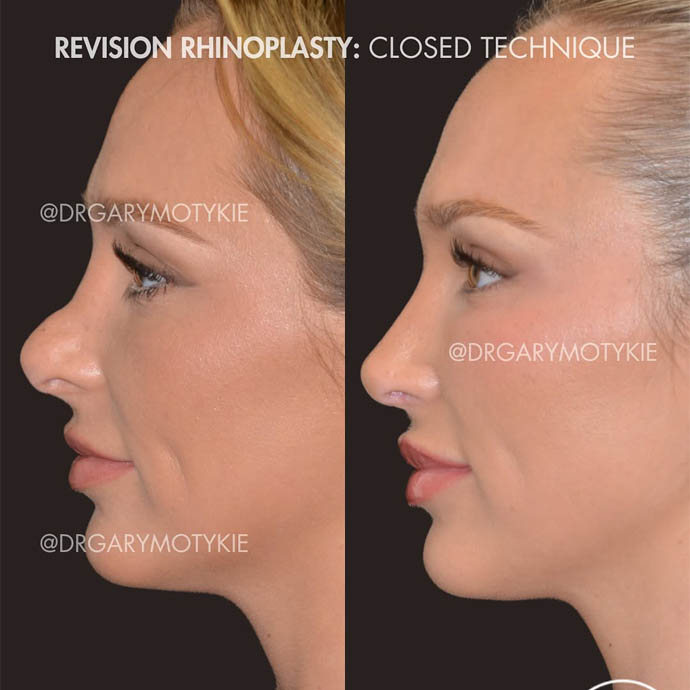The first step in your breast implant revision journey with Dr. Motykie is a detailed consultation at his West Hollywood office. He will evaluate your current implants, discuss any concerns such as implant rippling, capsular contracture, or size changes, and review your medical history.
He’ll take time to understand your aesthetic goals and determine the best surgical approach, whether that involves implant replacement, repositioning, or removal.
